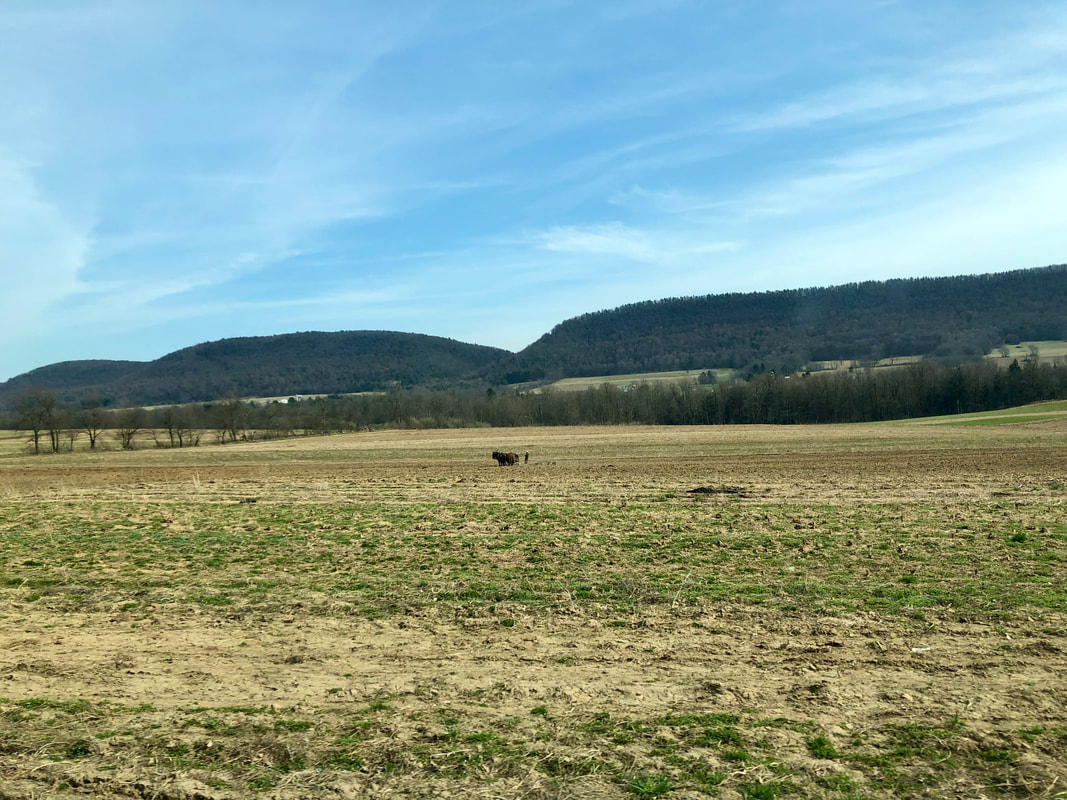Yes, you live in a fast-paced world. Such a world is nothing new. You can find complaints about the speed of life going back centuries. But, yes, the pace probably did pick up during the last 300 years, especially where industrialization, urbanization, and mobility ballooned—or took off, to use a common metaphor of these jet-paced times of multitasking (more like parallel or alternate tasking, as the neurologists tell us). You find yourself in a field with a single plowshare trying to plow two, three, or even four furrows simultaneously.
Do you find yourself running short on patience because your life is fast-paced?
Patience ends when people perceive their burdens increase in a fast-paced world. The result is emotions that are both scalar and vector. The magnitude of emotional responses rises (scalar), and it often gets directed toward some malfunctioning object, someone else, or some group.
“Sheer plod makes plough down sillion shine.”
In “The Windhover,” Gerard Manley Hopkins writes that the overturned soil of a freshly plowed furrow can glisten in the sunlight. The dirt shines. The image in that poem draws to my mind a drive along W. Valley Road near Booneville, Pennsylvania, located in “Amish country.”
As I drove, I saw an Amish farmer plowing a field so large that it dwarfed him (see photo). His draft horses also dwarfed him. From my perspective and for a brief moment, I wondered how long it would take to plow such a large field without a tractor.
I was driving past, headed toward a place of stark contrast to his slow pace, Washington, D. C., so I didn’t stay to watch. I had a destination I needed to get to in a limited time. My thoughts and my vehicle were vectored, and the drive through that elongate valley in Pennsylvania, though scenic, was taking longer than I had expected.
As I continued the journey, however, I began to wonder about the Amish farmer’s emotions. I know he’s human; he has emotions. Is his patience inversely proportional to pressure from the world outside Amish life? He certainly can’t make his horses plow any faster; he can’t do more than wait for the rains; and other than throwing manure on the field, he can’t even rush the growth of his crops. Cars like mine whiz by the slow plowing, fertilizing, seeding, growing, and harvesting.
He’s in a giant field. The horses aren’t galloping. They steadily pull the plow, acre after acre after acre. What thoughts run through his head? What emotions surge from his inner brain? Are they scalar or vector?
Like the farmer in The Fall of Icarus to which W. H. Auden refers in Musée des Beaux-Arts , he probably paid no attention to my passing by, my vectored life of little concern to him. I could have been Icarus falling from the sky, the fall a result of an insignificant moment of irrational impatience just like the mythical character’s plummet. The farmer might have similarly paid no attention to planes passing overhead, their speed and direction a constant displacement of the hurried and harried. His one mph noticeable in contrast to my traveling at or above the posted speed limit.
Get your inner avatar to plow that field.
Enveloped as you are by computer-simulated environments, or virtual worlds, you might find respite in the farmer as your avatar. As the farmer, you then plow the seemingly endless furrows of your life one at a time. You ignore the rapid travelers vectored toward who knows where in who knows what timeframe; as modern Icaruses, many of them will fall unnoticed. Your avatar doesn’t whip the horses; their horse-brains are in no rush anyway. They pull the plow ignorant of their purpose. But you, as that Amish avatar with a purpose to grow a crop necessary for survival, look down as you go to see the furrow glisten beneath the slow plodding. Every moment glistens.
Those passersby on the highway might distract one another or even distract themselves with vectored emotions and thoughts, but your avatar focuses on the furrow you plow. They might rush here or there, but your avatar knows that without his sheer plodding, they will starve, and their rushing will come to a crashing end. His lifestyle demands patience and ensures survival of the hurried and harried. They might whiz past him, the isolated figure living in the moment in the middle of a big field, and they might think his life is strange and uninteresting. But without it, all hurrying and harrying stops.
Want to increase you patience? Plow one furrow at a time. Look at the glistening Earth beneath your feet.

 RSS Feed
RSS Feed